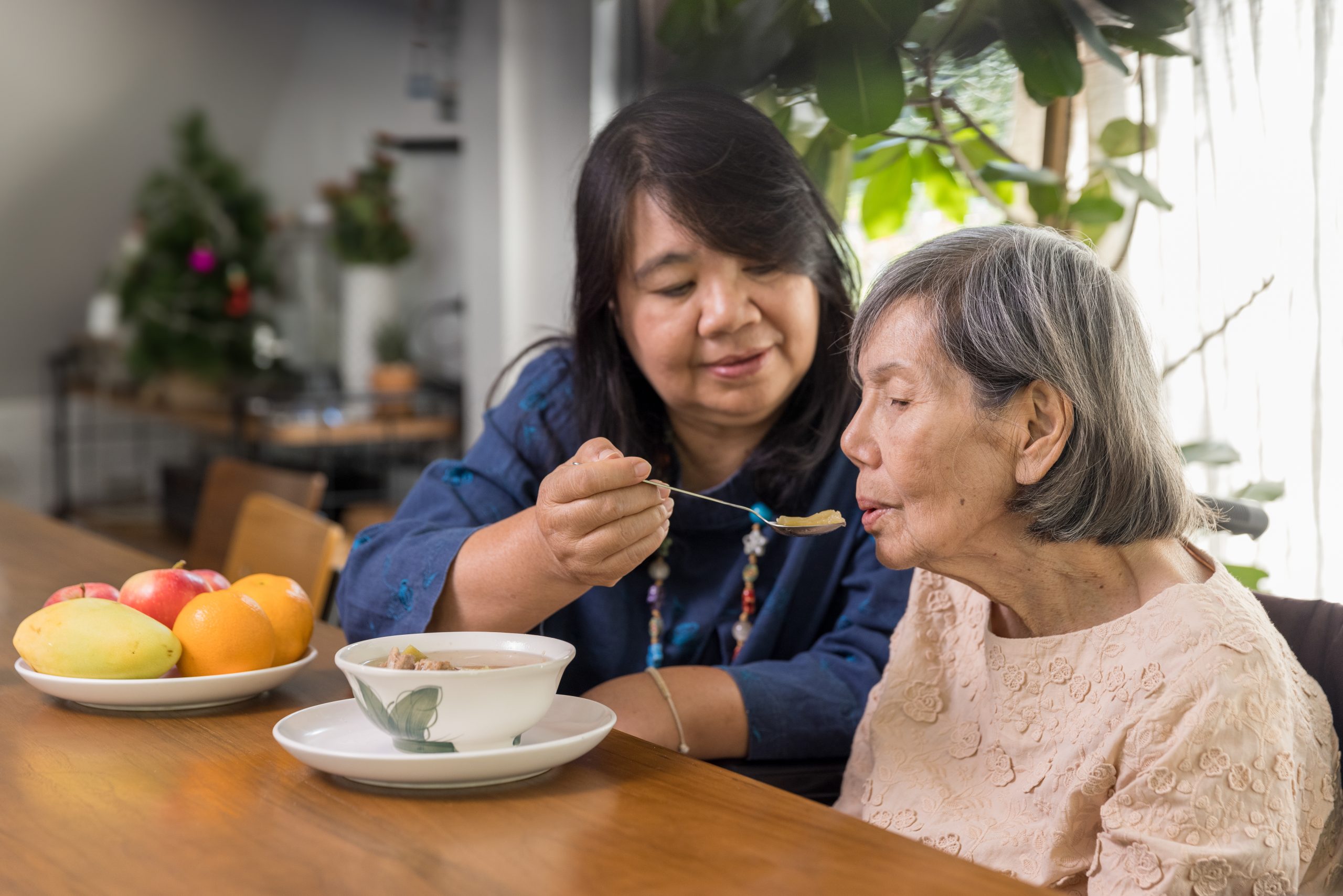Do you ever consider the vital role family members can play in caring for loved ones in long-term care facilities? If so, then you may have heard of the term, “informal caregiver.” An informal caregiver is the community of people (family, friends, local partners, etc.) who provide unpaid services and care for their loved ones.1 It is a common misconception that all the care and services that residents receive is provided by the paid staff. However, informal caregivers provide considerable support to their loved ones in long-term care facilities and, in turn, can aid in lessening the burden on the paid staff.
As we saw during the COVID-19 pandemic when nursing homes stopped allowing visitors, many of the paid staff experienced higher levels of burnout as they were working longer hours all while adhering to the new COVID protocols set in place. Based on data published prior to the pandemic, more than half of residents in nursing homes and assisted living facilities received help with some daily activities. 2 This finding suggests that the routine staff do not have enough time to provide the required care for all the residents, or that the resident/informal caregiver prefers to assist, for a multitude of reasons.
Family members often want to continue relationships with their loved ones after they enter a long-term care facility to be a part of their daily life and to offer support with any decision-making. To cultivate positive outcomes for the residents, an effective support system is needed as it fosters increased transparency and a partnership between the resident and their facility care team. This also shines light on those individuals who do not have any informal caregivers. Can staff members spend more time with them in comparison to residents who regularly have additional help?
This dynamic relationship between staff members and informal caregivers involves factors from many angles. Hye-Young Jang, a professor at Hanyang University, defines this connection as, “a cooperative relationship that involves sharing of professional nursing knowledge, skills, and information regarding the resident’s condition as well as shared decision-making through appropriate role negotiation, the involvement of both parties in caregiving, and shared responsibility.”3 Future studies concerning the importance of relationships that residents have with their informal care team could further help assess nursing interventions and promote cooperative relationships among all individuals involved.

